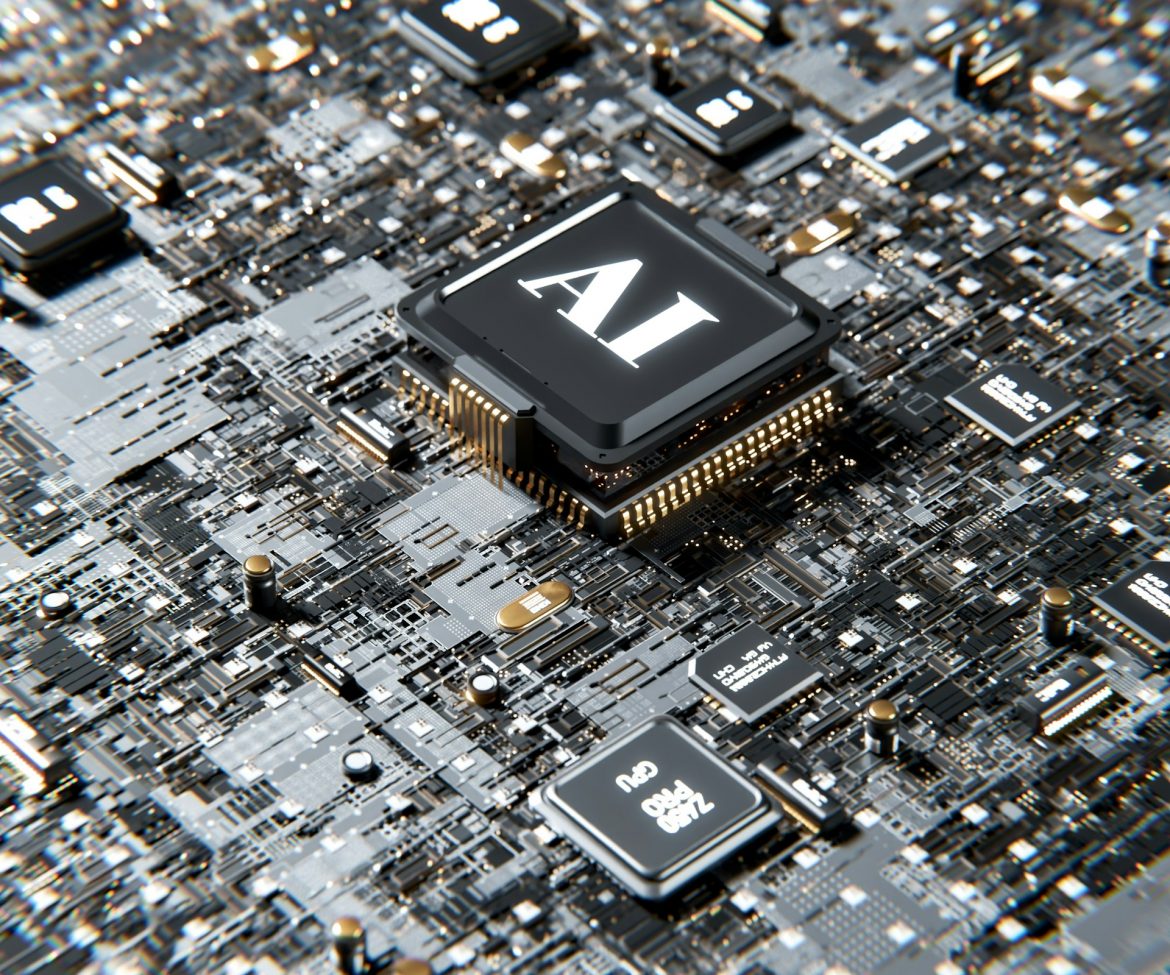If you’ve ever wanted to develop an app after having a brilliant idea, you’ve come to the right spot.
Yes, you might put off creating your app or looking for the finest app development tool if you’re afraid of coding. The good news is that hiring nearshore mobile app development in Mexico makes it easier than ever to get into the mobile app market since there are no requirements for coding knowledge or abilities.
Developing ecommerce mobile app development means integrating elements like product catalogs, secure payments, and specific suggestions into apps that are easy to use and safe, enabling smooth online shopping experiences.
You may easily find alternatives to app development software for your blog, business, service, or just about anything entirely unrelated if you know where to search.
With a little effort and a willingness to learn, you may use one of the app-building platforms listed below to develop and administer your mobile website or application.
A list of the top ten AI platforms that the top mobile app development experts have tested:
1. Appery.io
Appery is a cloud-based platform that allows you to create mobile applications for Android and iOS. It has built-in components for jQuery Mobile, Apache Cordova (Phone Gap), and Ionic.
It is easy to get started right away since there is nothing to download or install because the builder is cloud-based. Drag-and-drop component creation is the method used by the Appery app builder’s visual editor to generate the user interface. Appery creates the code for each component you put in automatically.
2. Mobile Roadie
With Mobile Roadie, an app developer, anybody can create and manage their own iOS or Android application. Better yet, the building progress is rather evident. The platform automatically imports keywords from RSS, Twitter, or Google News and supports all media kinds. It also has an auto-refreshing fan wall for real-time user engagement.
You can accurately preview your app on Mobile Roadie’s back end, exactly as your users would on their smartphones. They will also assist you with the App Store submission process, helping you with Mobile Roadie’s assessment of the quality and applicability of your content.
3. TheAppBuilder
TheAppBuilder provides a range of applications to fit workers, customers, events, and brochures using two different techniques. This may be the platform to choose if you’re developing an application that will function as an intranet for a business. You will collaborate using TheAppBuilder or the provided training to create the app’s framework and add its first content. You may use the online tools to construct the application.
With the dedicated AppLibrary, you can provide your customers a glimpse into a range of apps and even brand it. You may publish both private and public applications via the app store and protect them with usernames and passwords by using TheAppBuilder’s Active Directory interface.
Travel mobile app development is the process of developing feature-rich, user-friendly apps with booking, navigation, real-time updates, and individualized suggestions for travel for bettering the traveler experience.
4. Good Barber
Good Barber provides a framework for developing iPhone and Android apps in addition to optimized internet applications. You can handle every part of the software for any of the platforms without writing a single line of code. Many highly customizable design templates, a plethora of beautiful icons, and access to Google Fonts are provided to get you started.
Possibly replacing your present website, these progressive web applications may be designed for desktop, smartphone, and tablet platforms.
5. Appy Pie
Even non-programmers may create and distribute applications for almost any platform with the aid of Appy Pie, a cloud-based DIY mobile app development tool. You may create your mobile application by just dragging and dropping pages; no installation or download is required. When it’s done, you’ll have a hybrid HTML5 app that works with iOS, Android, Windows, and even Progressive apps. All changes are made in real time and include the capability to send push notifications, monetize with adverts, monitor real-time statistics, and track position via GPS. You may also include social media feeds, blogs, websites, radio, and music.
Using this platform, you may choose from a variety of themes for Android game development services, such as radio stations and restaurants.
6. AppMachine
A user-friendly framework called AppMachine makes it easy to create professional native applications for iOS and Android. With the drag-and-drop interface, you may combine many construction pieces that provide a range of capabilities, including images, video, and text. Using the building blocks, you may integrate your app with Twitter, Facebook, online stores, and other services. Using the Previewer to track your progress, you may totally alter the app’s layout, add your own style, and choose the colors, fonts, icons, and navigational paths.
This platform also allows you to search a website for important data that might be included into an iOS or Android app.
7. GameSalad
With GameSalad, you can create and share games on a variety of platforms, including iOS, Android, HTML5, and macOS. Without any previous programming expertise, getting started is made easy by its drag-and-drop interface. It also claims to educate you computer science while you work on developing Android tablet apps.
The majority of your game development time will be spent arranging actors in scenes, giving them characteristics, adding graphics and sounds, and switching between actors in the scene and actor editor of the app’s game builder. One big advantage of the active community forum is that it gives you access to advice and support from other independent game producers.
A MVP development company helps startups and organizations construct Minimum Viable Products (MVPs) that are immediately functional and allow them to test ideas, get feedback from users, and make data-driven choices about what to develop next.
8. BiznessApps
BiznessApps provides small companies with a platform to help with the development of mobile applications using a reasonably simple manner. Ordering, a shopping cart, reviews, communications, dynamic content, push notifications, third-party integrations, in-depth analytics, and many more features are offered.
Using the user-friendly content management system, you can rapidly construct an app and fully customize it with custom or pre-made designs. Additionally, real-time previews are offered so you can keep an eye on your progress as you plan and build your application.
9. AppMakr
Anyone may use the DIY platform AppMakr to develop iOS, Android, and HTML5 applications without any previous coding skills. It was founded in 2009 and was just acquired by Infinite Monkeys, which turned it into one of the largest independent IoT app creation and publishing platforms globally. They claim that this is the “authentic method for creating an application.”
You may take advantage of push alerts, live updates, high-quality picture galleries, chat rooms, music and video streaming, Google Maps integration, shared event calendars, in-app purchasing, and a ton of other features. You are free to utilize endless updates and create as many apps as you desire.
10. ShoutEm
ShoutEm offers an app developer complete content control, powerful user engagement features, monetization options, and an easy-to-use publishing interface. When combined, these elements provide a reliable solution for almost every app-building situation.
You may publish and update your applications in real-time on Google Play and iTunes using your developer account. ShoutEm also offers regular auto-updates to keep your app current with new versions of iOS and Android.
In summary
Because of the interface builder’s broad customization options, any bespoke mobile app development may be smoothly coupled with pre-existing content sources like WordPress, Foursquare, Facebook, Twitter, SoundCloud, and more. At Linkitsoft, Your app may start making money quickly if it supports all of the main ad networks and provides a range of monetization possibilities, such as in-app purchases, coupons, offers, and e-commerce.



